what human foods can cats eat
If you’re a cat owner, chances are your feline friend has given you the big-eyed stare while you were devouring a delicious meal. While it may be tempting to share your food with them, not all human foods are safe for cats.
Fortunately, there are some human foods that can actually be beneficial for your furry friend’s health. In this blog post, we’ll explore what human foods can cats eat and how they can benefit from these treats. So grab a snack (for yourself) and let’s dive in!
What are the Nutritional Requirements of Cats?
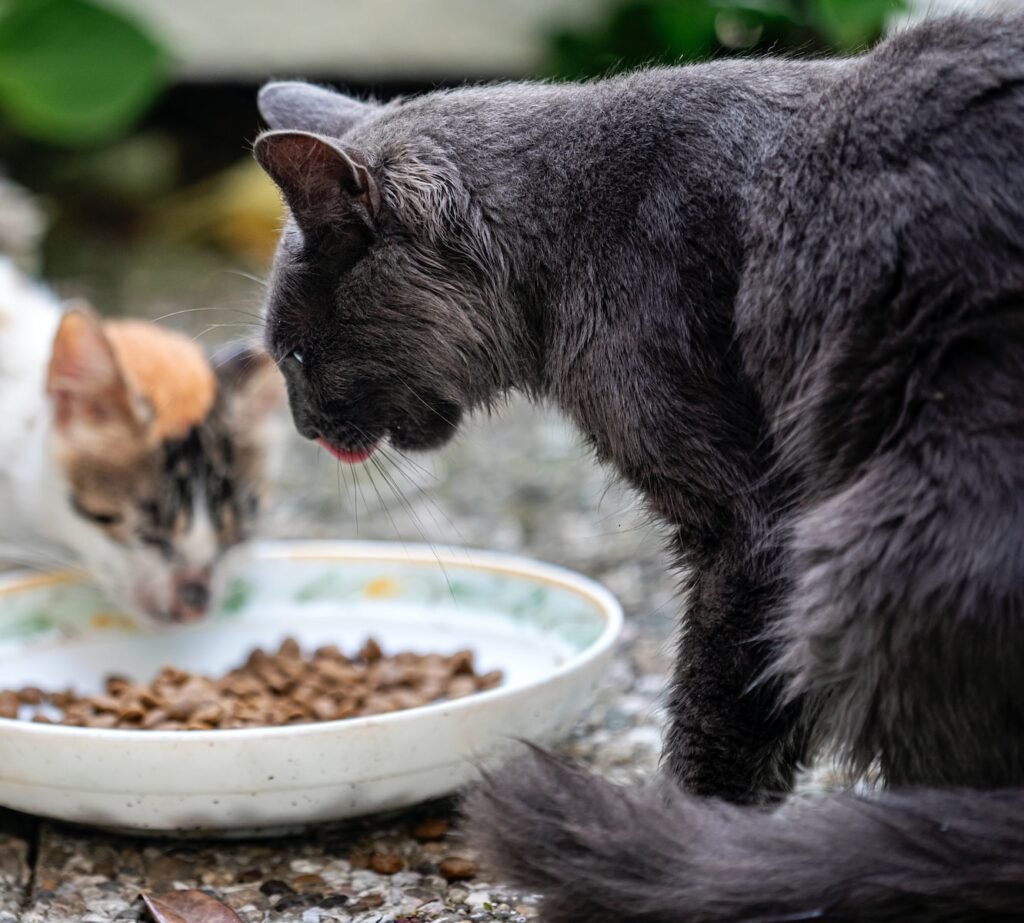
Cats are obligate carnivores, meaning that their bodies are designed to digest and use only animal-based proteins. This means that cats cannot survive on a vegan diet, and must include both animal and plant-based foodstuffs in their diets.
The National Research Council recommends a diet that is 55% protein, including both animal-based proteins (e.g., meat, poultry, fish) and plant-based proteins (e.g., soybean products, quinoa).
Cats also require certain essential vitamins and minerals, including calcium, vitamin B12, phosphorus, magnesium, cobalt, iodine and manganese. While the recommended amounts of these nutrients vary slightly depending on the specific species of cat, they all need to be taken into account when creating a cat’s diet.
Types of Foods That Can Be Feeded to Your Cat
There are dozens of foods that can be fed to your cat, and each one offers a different set of nutrients and benefits. Some of the most common types of food that can be given to cats include wet food, dry food, canned food, raw meat, and pet snacks. Each type of food provides different health benefits for your cat, so it’s important to choose what type represents the best fit for their individual dietary needs.
When feeding your cat human food, it’s important to make sure they’re eating enough moisture and fiber. Wet foods are a great way to ensure your cat gets both of those things since they tend to be high in both. Meat-based dishes provide crucial protein as well as essential vitamins and minerals essential for your cat’s well-being.
Raw meat is also a good option if you want to give your cats something they’ve never had before or if they have special dietary requirements like a vegan cat or someone who doesn’t eat fish.
If you’re new to feeding your cat human foods, start by gradually introducing them one at a time and watch how their body responds. If you notice any changes in behavior or energy levels, adjust their diet accordingly. Feeding your cat the wrong type of human food can cause health problems like obesity or digestive issues, so it’s important to get them the right kind of nutrition in order to maintain their well-being .
How Much Should You Feed Your Cat Different Types of Human Foods?
Cats can eat a diverse range of human foods, depending on their diet preferences. Some cats will prefer soft, moist foods, while others may enjoy crunchy or hard foods. It is important to offer a variety of different types of food to your cat in order to make sure they stay satisfied and healthy.
Some examples of human food items that can be consumed by cats include beef, chicken, tuna, salmon, oatmeal, yogurt, cereal bars, fruits and vegetables. Although some species of animals are not recommended for consumption by cats (e.g., rat), most common human food items list on pet food websites can be safely fed to cats without any ill effects.
Reasons to Avoid Certain Human Foods
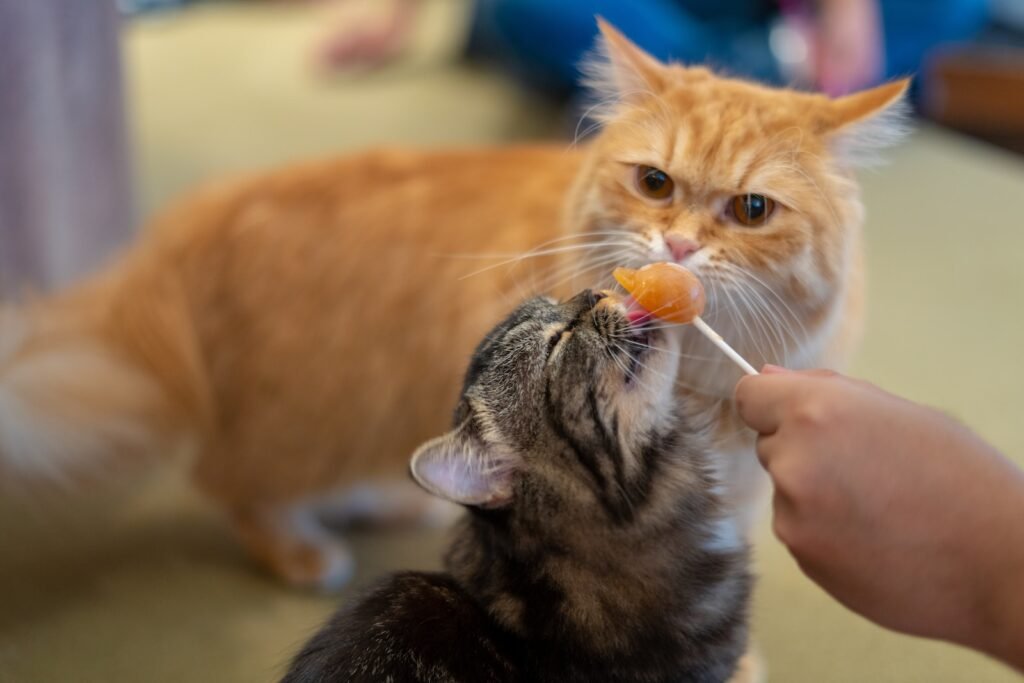
There are a lot of myths about what human foods can and cannot be eaten by cats, but the truth is that most foods can be safely used provided they are cooked thoroughly.
The following is a list of eight human food items that should not generally be fed to cats:
1] Raw eggs
While raw eggs may contain nutrients essential for cat health, they can also contain harmful bacteria that can cause gastrointestinal problems in cats. Cooking eggs will kill any harmful bacteria and make them safe for consumption by cats.
2] Raw meat
Cats usually do not enjoy eating raw meat, which is likely due to their natural predator instincts. In fact, feeding raw or partially cooked meat to your cat could actually lead to sickness or even death. Cooked meat is the safest option and will provide your kitty with all the nutrients he or she needs.
3] Raw fish
Raw fish contains high levels of mercury, which can harm your cat’s brain and nervous system. Uncooked seafood is generally safe for consumption by cats, but it’s always best to check with your veterinarian before giving your feline friend any kind of seafood meal.
4] Tart fruits and vegetables
Many types of tart fruits and vegetables (such as apples, pears, oranges) contain high levels of acidity that can irritate a cat’s stomach and digestive system. Additionally, many types of tart veggies (such as cabbage) are high in fiber which can further aggrav ate a cat’s GI problems. It’s best to play it safe and avoid feeding your kitty these types of fruits and vegetables.
5] Raw honey
Raw honey can contain harmful bacteria, which is why it’s not generally recommended for cats to consume it. If you do give your cat a small amount of raw honey, be sure to cook it first to kill any potential bacteria.
6] Hot dogs
Hot dogs are high in sugar and unhealthy fats that can lead to weight gain and other health problems in cats. In addition, hot dogs are often tainted with harmful chemicals, which means that even if they’re cooked properly they may still contain dangerous substances.
7] Processed meat products
Many processed meat products (such as sausages, bacon, and ham) are full of unhealthy fats and additives that can be harmful to a cat’s health. Furthermore, many processed meat products are made with artificial preservatives that can cause health problems in cats over time.
Further Information on Food Choices for Cats
There is no one answer to this question as cats have different dietary needs based on their size, activity level, and biological make-up.
Here are some general food categories that may be beneficial for your cat:
Fresh or frozen prey (dead or alive): This is the staple of a predatory cat’s diet and provides essential nutrients and protein. Raw meat will also contain bacteria that can help keep your cat healthy. Fish is a great option because it doesn’t contain bones which can cause gastrointestinal problems in some cats. You can feed raw meat straight from the source or freeze it for later use.
Balance (dry) kibble: This type of kibble typically contains 26% moisture content which helps offset Constitutional Dryness caused by lack of moisture in the environment. The high moisture levels also help keep kibble wet longer so your cat must eat less per feeding to achieve its desired results.
Since balance kibbles tend to be more dense than other types of kibble, they should only be fed in large enough quantities so that your cat doesn’t feel full after eating them; otherwise they could become obese due to overeating.
Freshly made homemade meals: Creating balanced and tasty meals from fresh ingredients can be an enjoyable experience for both you and your feline friend! Some tips for preparing healthy human-grade recipes for cats include using low-fat/non-dairy options, adding fresh fruits and vegetables, choosing whole grain breads/bakery items, avoiding processed foods, and using honey as a natural sweetener.
If you’re unfamiliar with what foods can be beneficial for your cat, check out these recommended resources:
Raw Feeding FAQ: This FAQ from the raw feeding community provides detailed information on feeding raw meat to cats, including tips for safely preparing and storing food.
carnivorecat.com: This website offers detailed information on the optimal diet for cats. Included are tips on feeding different types of prey, balancing nutrition with activity level, and more.
Cat Food Pyramid: The Cat Food Pyramid is an internationally recognized guide to healthy eating for cats.
Benefits of Feeding Cats Human Foods
There are many benefits to feeding cats human foods, including improving their health and reducing the risk of diseases.
Here are five of the most important:
1] Improving Health
Feeding your cat human food can improve their overall health by providing them with the nutrients they need to stay strong and healthy. In addition to providing essential vitamins and minerals, human food can contain antioxidants that help protect against damage from pollutants and other toxins in their environment. Cats that eat a balanced diet full of natural ingredients are typically healthier than those who don’t, regardless of what they eat.
2] Reducing Risk of Diseases
A cat’s diet is one factor that can increase or decrease their risk of developing certain diseases such as diabetes, obesity, and cancer. By providing them with human-grade foods, you can help minimize these risks and provide them with the best possible foundation for long life. Feeding them processed or junk food is not only unhealthy for them but also often leads to chronic health problems down the road.
3] Helps Prevent Anemia
Cats usually have a higher tolerance for iron than humans do, so feeding them human food can help to prevent anemia. Not eating enough iron can lead to fatigue, weakness, mood swings, difficulty breathing, numbness and tingling in hands and feet, as well as an increased risk of infection. Feeding your cat nutritious human food will help ensure they have all the nutrients they need to keep up with their regular routine.
4] Promotes Healthy Weight
Feeding your cat human food is one way to help them maintain a healthy weight. cats are naturally inclined to be overweight, so providing them with high- calorie foods can lead to weight difficulty down the road. Feeding them a diet that consists mostly of lean protein and fresh fruits and vegetables can help ensure they stay slim and healthy.
5] Provides Variety and Taste
Many cats love the taste of human food, which offers them a unique type of nutrition not found in other types of food. Feeding them human food allows them to explore their taste buds and find foods they enjoy, which can keep them entertained and provide mental stimulation.
Conclusion
At the end of the day, it is important to remember that cats are animals and they should be treated as such. While their diet may vary depending on their health and activity level, a general guideline for what can and cannot be fed to a cat includes fresh meat, bird food, small amounts of grain, yogurt, eggs, avocado (for cats over 6 months old), cooked bones (not raw) and some fresh vegetables.

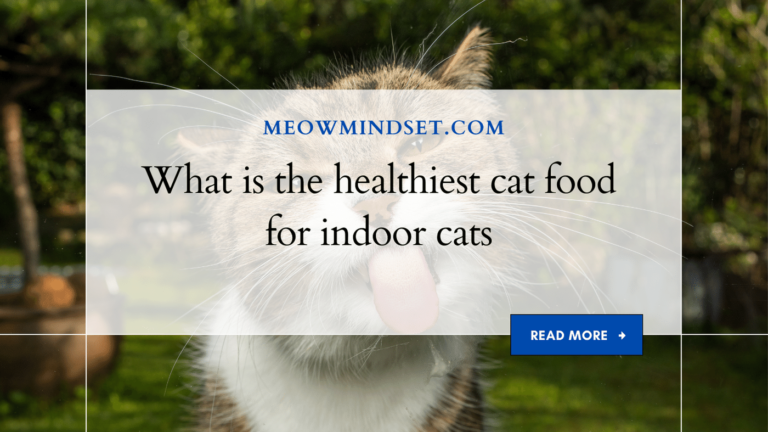
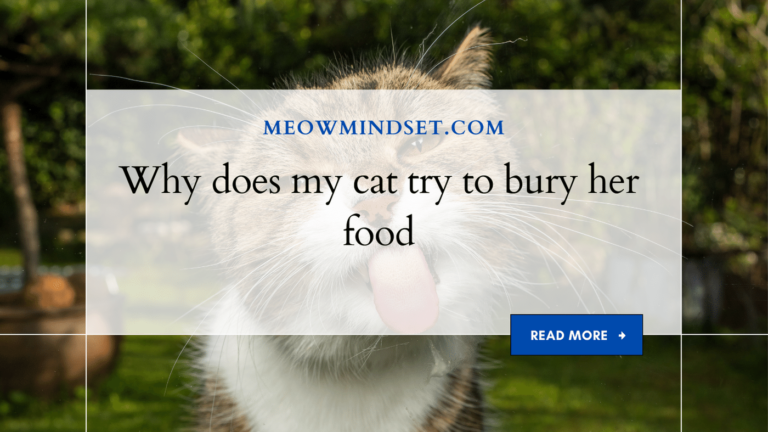
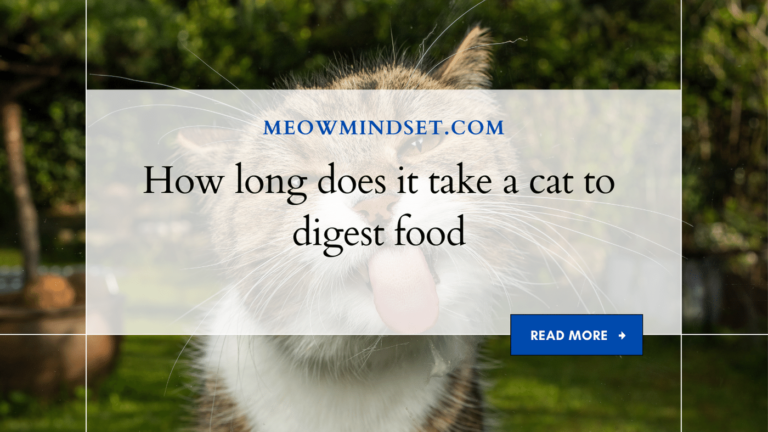
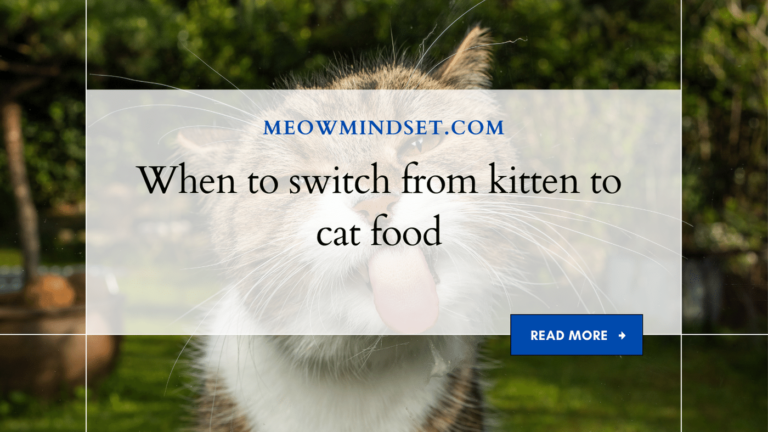
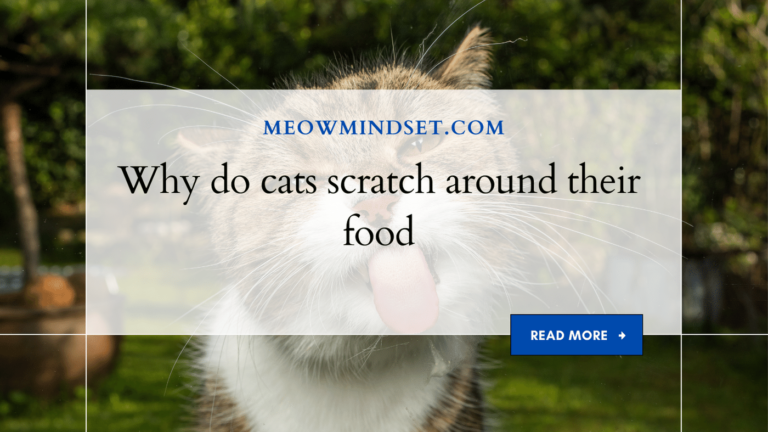
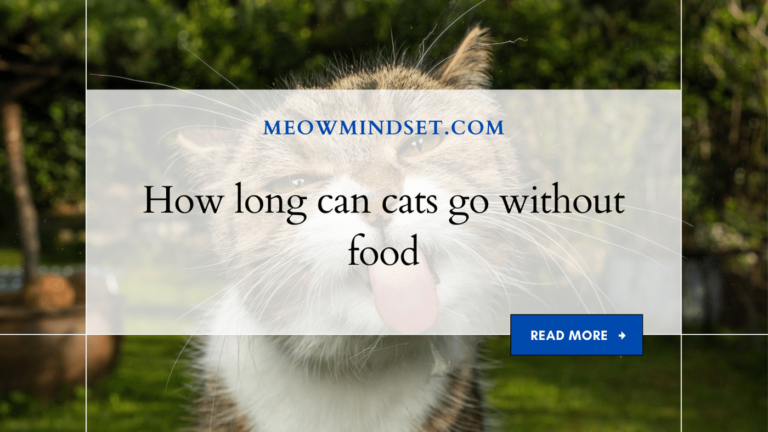
3 Comments